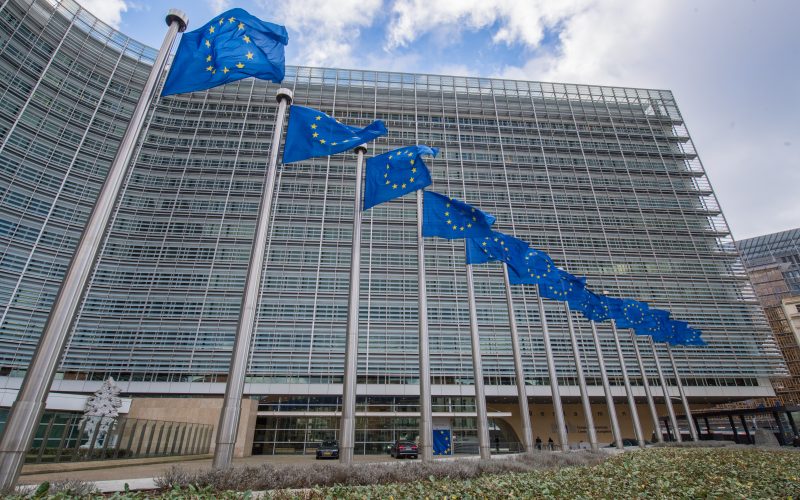The German government is urging the European Commission to relax sustainability reporting regulations, arguing that the current framework hinders economic growth and competitiveness within the European Union. A leaked letter, addressed to EU Commissioner for Financial Services Maria Luís Albuquerque, reveals that several German ministries believe the regulations are overly burdensome for companies. The letter suggests that businesses could better allocate resources towards fostering sustainable growth and innovation if these requirements were simplified.
The letter was signed by prominent German ministers, including Volker Wissing (Justice), Jörg Kukies (Finance), Robert Habeck (Economic Affairs and Climate Action), and Hubertus Heil (Labour and Social Affairs). It calls on the European Commission to introduce “rapid and tangible regulatory measures” to streamline the European Sustainability Reporting Standards (ESRS), the EU Taxonomy framework, and corporate sustainability reporting. The German government supports the EU’s plan to consolidate sustainability rules into a single omnibus law and has proposed delaying the Corporate Sustainability Reporting Directive (CSRD). Under their recommendations, large companies would begin reporting for the 2027 financial year instead of 2025, with reports to be published in 2028. For small and mid-sized enterprises (SMEs), the government suggests postponing the CSRD’s application from 2026 to 2028, while retaining an optional opt-out period of two additional years.
Additionally, Germany is advocating for adjustments to corporate reporting thresholds. The current net turnover threshold of €50 million would increase to €450 million, and the employee threshold would rise from 250 to 1,000. This change would reduce the number of large companies required to comply with the ESRS in 2025 while increasing the number of SMEs subject to less stringent standards in subsequent years. The letter also proposes scrapping plans for sector-specific reporting standards, which it claims would impose unnecessary burdens on businesses.
However, the German government’s stance has drawn criticism. Philippe Diaz, a member of the sustainability reporting technical expert group EFRAG, warned that these proposals create uncertainty, particularly as many large firms have already prepared their reports. “It is populist electioneering at its best,” Diaz said, accusing Chancellor Olaf Scholz’s administration of undermining the foundations of the European Green Deal. The letter has sparked tensions within Germany’s governing coalition, with members of the Greens and Social Democratic Party (SPD) reportedly blindsided by the proposals. Some MPs are scrambling to address the issue with party leadership amid ongoing political infighting ahead of February’s general elections.
Law firm Frank Bold criticised Germany’s move, describing it as a step that undermines other member states’ efforts to support businesses while causing legal uncertainty. The firm accused German political parties of using the legislation as a tool for electioneering rather than providing functional solutions. Germany’s push to scale back sustainability reporting rules is likely to remain a contentious issue within the EU, as other member states work to balance regulatory clarity with the overarching goals of the European Green Deal.




















